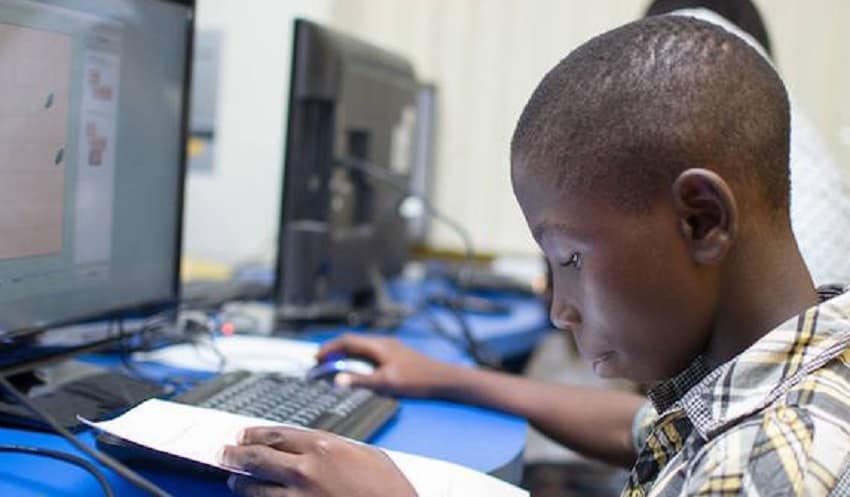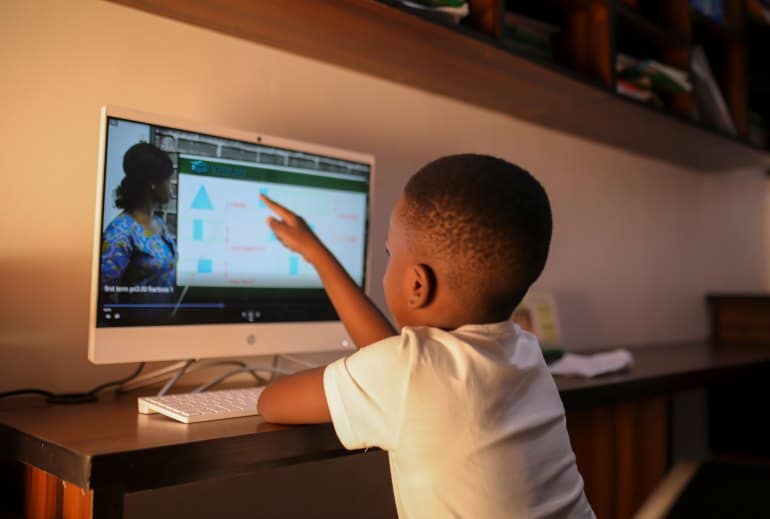
It has been so many years that most countries around the world would have to go into lockdown and close schools for the same reason and around the same time. While we might be aware that the impact of this pandemic will be extensive, what does this translate to in the longer term for education?
For some time now, world educators have been discussing the need to rethink how we teach/educate future generations/learners. This pandemic might just be what the education sector needs to get every stakeholder to rethink ways on how education, and what to teach. As the teachers are struggling with the new ways to teach our students out of the classroom, now is the time to review how this pandemic can help us interpret what learning should look like for the current and new generation of learners.
The majority of students in our educational institutions today are from Generation Z, a generation that has grown up in a truly globalized world. This generation, the oldest of whom is now 25 years old, is likely to be reflecting on their education as a result of a truly global pandemic, with many facing canceled exams, sporting events, and even graduation.
This generation is defined by technology, and they the power of working collaboratively to solve the world’s biggest challenges – climate change and mental health being top on their agenda, and at present their collective responsibility to self-isolate to protect older members of the community.
The children on the millennials, the Generation Alpha are the ones with “bulldozer parents” who clear the path for their kids by getting rid of obstacles. This generation is one that is into technology, and they see it as an extension of their consciousness and identity, with social media being a way of life. While they might be unclear about the impact of this pandemic on their education, the impact will surely be felt by the young learners in years to come.

Amid the pandemic, there are fellow educators and education stakeholders that are thinking about what we need to be preparing our students for in the future. According to a report released by World Economic Forum, it was recorded that ”65% of primary school children today will be working in job types that do not exist yet.”
The COVID-19 crisis may well change our world and our global outlook; it may also teach us about how education needs to change to be able to better prepare our young learners for what the future might hold. Here are the lessons:
- Educating citizens in an interconnected world
COVID-19 is a pandemic that illustrates how globally interconnected we are – there is no longer such a thing as isolated issues and actions. The coming generation needs to understand the importance of this interrelatedness, and being able to collaborate globally.
- Redefining the role of the educator
The usual belief that educators are the only knowledge-holder that can impart wisdom to their students is no longer applicable this century. With the students having access to knowledge and a series of technical skills at the click of their phones and computers, we will need to redefine the role of these educators in the classrooms. This may mean that the role of educators will need to move towards facilitating young people’s development as contributing members of society.
- Teaching life skills needed for the future
In this ever-changing world environment, young people need resilience and adaptability – skills that are proving to be essential to navigating effectively through this pandemic. In years to come, some of the most important skills that employers will be looking for will be creativity, communication, and collaboration, alongside empathy and emotional intelligence; and being able to work across demographic lines of differences to harness the power of the collective through effective teamwork.
- Unlocking technology to deliver education
The COVID-19 pandemic has resulted in learning institutions across the world to utilize various available technological tools to create materials for remote learning for students in all sectors. Educators across the world are experiencing new possibilities to do things differently and with greater flexibility resulting in potential benefits inaccessibility to education for students across the world.
Extracted from World Economic Forum